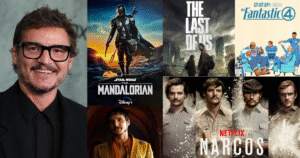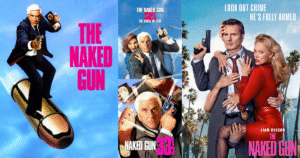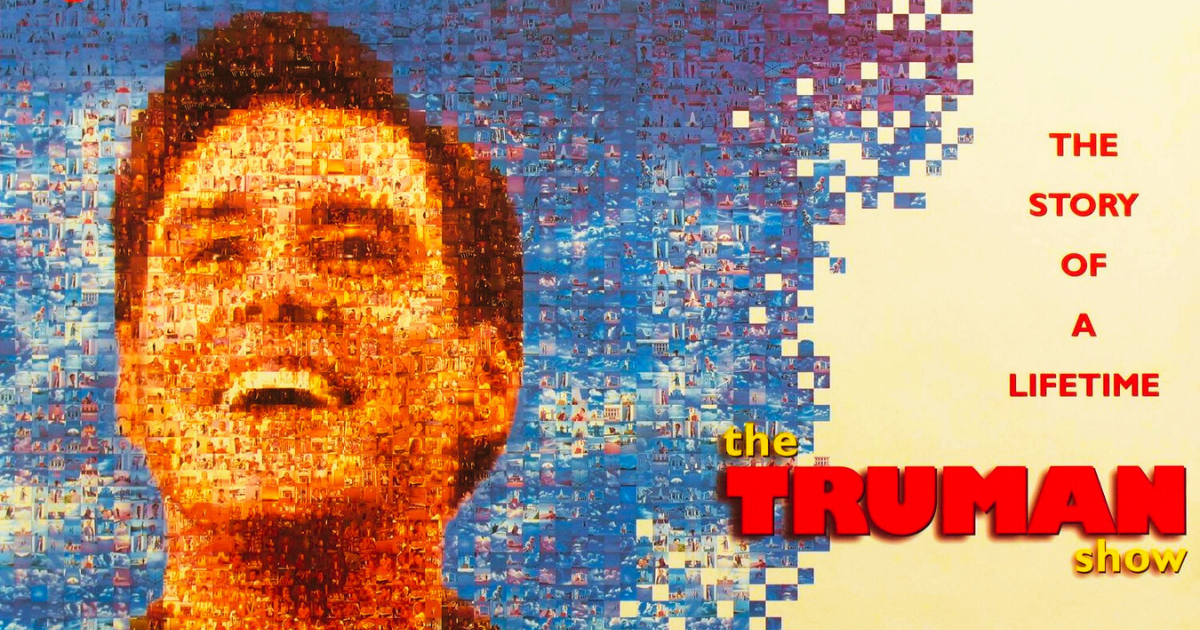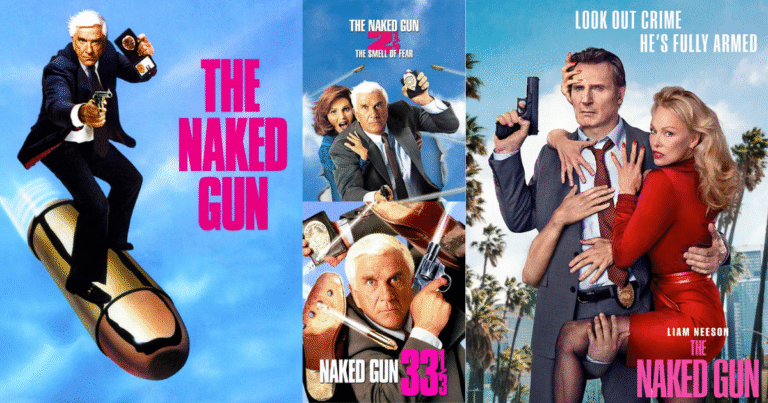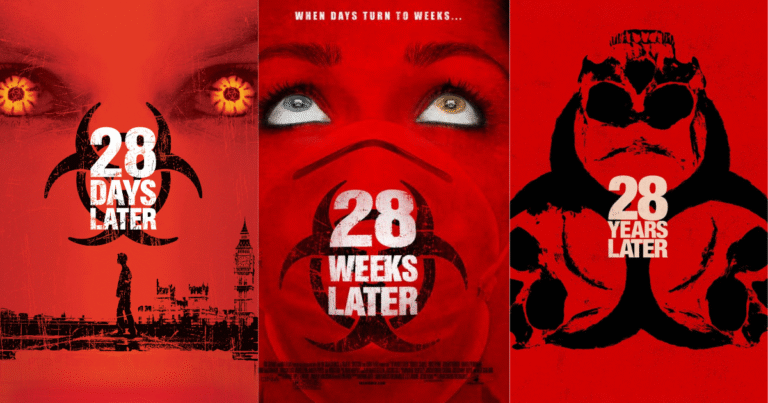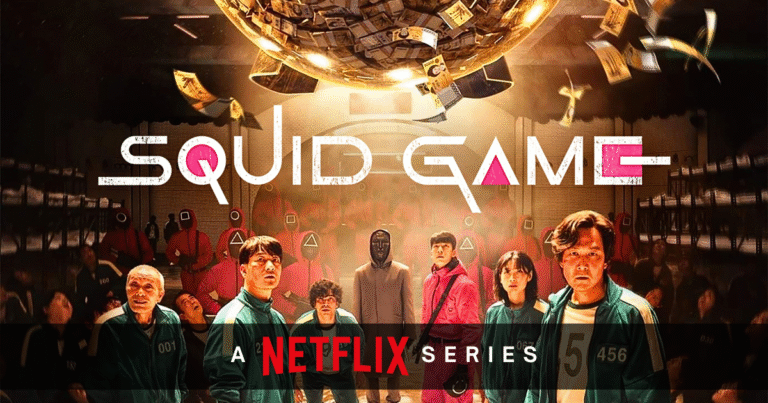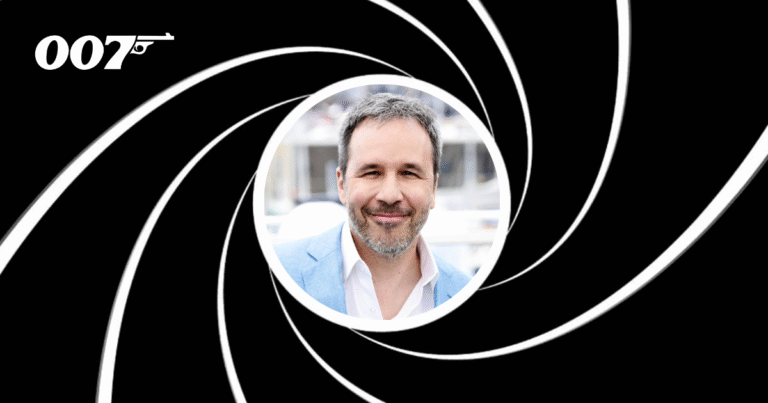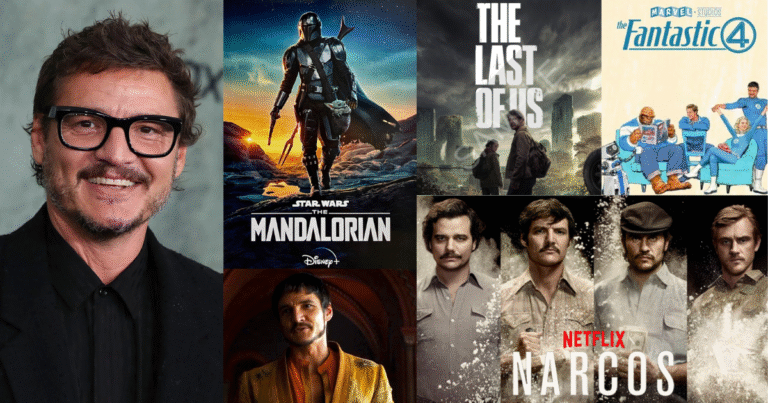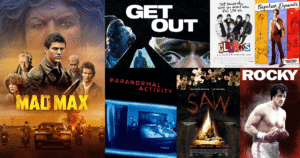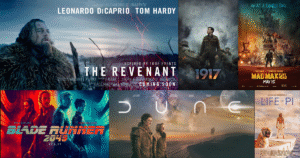Imagine waking up one day and realizing your entire life has been a lie. Your neighbors are actors. Your job is staged. Even your best friend is reading from a script. This is the hauntingly brilliant premise of The Truman Show, a 1998 film that has only grown more powerful in our screen-saturated world.
Directed by Peter Weir and written by Andrew Niccol, The Truman Show stars Jim Carrey as Truman Burbank, a cheerful insurance salesman who slowly discovers that his entire world is a fabricated television set. The twist? He’s the only one who doesn’t know. Everyone else, friends, family, coworkers, are actors. Every part of his life has been broadcast live to the world since birth.
But this movie isn’t just a clever concept. It’s a deeply unsettling, strangely comforting, and ultimately hopeful film about surveillance, control, and the search for truth.
Let’s explore why The Truman Show continues to strike a nerve in 2025, and what it says about the lives we lead today.
A World Before Reality TV Took Over
When The Truman Show released in 1998, reality television was still a niche genre. Shows like Big Brother and Survivor hadn’t yet become global sensations. Social media didn’t exist. You couldn’t stream your life on Instagram or TikTok. That’s what makes the movie feel almost prophetic.
The film asked big questions before we had the technology to fully live them out:
What happens when entertainment crosses ethical lines?
What does it mean to grow up under constant surveillance?
And how much of what we see every day is actually real?
Today, with influencers curating every detail of their lives for followers and platforms mining our behavior to sell ads, Truman’s story feels less like a fantasy and more like a mirror.
Jim Carrey Like You’ve Never Seen Him
At the time, Jim Carrey was known for his rubber-faced antics in films like Ace Ventura and The Mask. But in The Truman Show, he gave a surprisingly restrained and emotional performance. Carrey’s Truman is sincere, curious, and heartbreakingly innocent, a man slowly waking up to the idea that something is terribly off.
Carrey captures the quiet desperation of someone questioning everything they’ve ever known. And that’s where the film shines, it’s not about spectacle, but emotion. Truman’s search for truth is universal. His small acts of rebellion, like sailing toward the edge of the world or asking unanswerable questions, feel powerful because we recognize that same desire in ourselves.
The Hidden Genius of Christof
Ed Harris plays Christof, the show’s creator and the godlike figure who controls Truman’s world from behind the scenes. His famous line, “We accept the reality of the world with which we are presented”, is chilling. It’s not just commentary on Truman’s artificial life, but on how easily real people settle for comfort over truth.
Christof sees himself as a protector. He believes he’s given Truman a safer, better world. But the film asks: Who gets to decide what’s best for someone else? Is a perfect illusion better than an imperfect reality?
Christof is not a typical villain. He’s calm, soft-spoken, and completely convinced he’s doing the right thing. That moral ambiguity is part of what makes The Truman Show so compelling.
The Search for Freedom
At its core, The Truman Show is about the human spirit’s need for freedom, even when it’s messy, uncertain, and painful.
Truman’s journey is slow and full of doubt. He notices small glitches: a stage light falling from the sky, the way people repeat themselves, the limits of his town. But he keeps asking questions. He keeps pushing. And eventually, he reaches the edge.
That final moment, when Truman finds the exit door and chooses to leave, remains one of the most powerful endings in cinema. He walks away from everything he’s ever known, not because he knows what’s next, but because he wants to know. That’s real courage.
Why It Still Resonates Today
In an era of algorithm-driven feeds, curated identities, and 24/7 surveillance, The Truman Show hits harder than ever. We now live in a world where:
- Our phones track our every move
- Social media encourages us to perform for likes
- People stage picture-perfect lives that often hide deeper truths
Truman’s story reminds us that authenticity still matters. That truth is worth seeking. That questioning what’s “normal” is sometimes the only path to real freedom.
There’s even a condition now called “Truman Show Delusion,” where people believe they’re being secretly filmed. That might sound extreme, but it speaks to how deeply the film has embedded itself in our culture.
Final Thoughts
The Truman Show is more than just a movie. It’s a wake-up call, a warning, and a strangely hopeful tale of one man’s quest for something real in a world full of illusions.
Whether you’re watching it for the first time or revisiting it years later, it has something new to say, especially in a world where reality itself often feels like a performance.
So maybe ask yourself: Are you living your own life, or someone else’s script?


